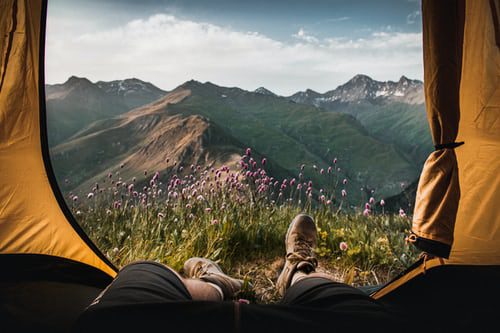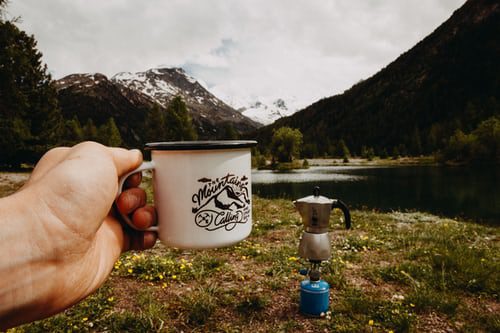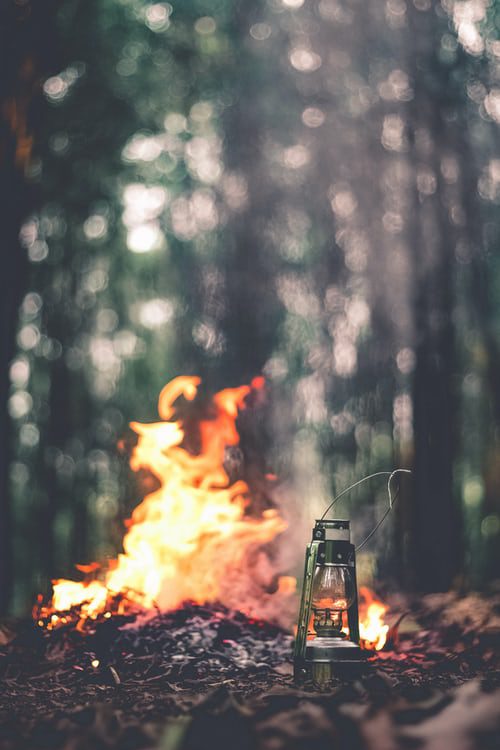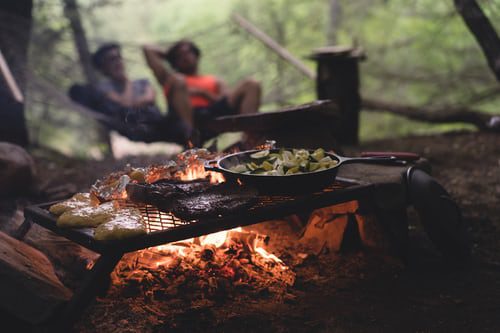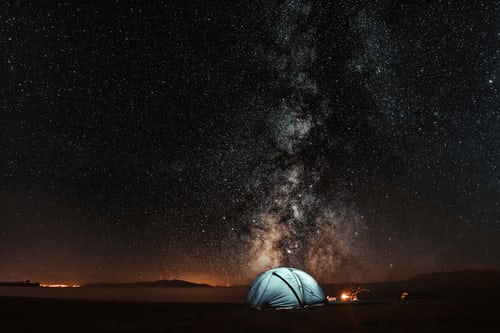GREAT OUTDOORS
Camping Safety Tips for 2022
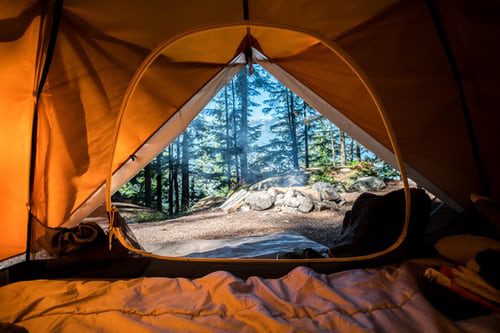
WORDS: Diana Smith PHOTOGRAPHY Supplied
Some people have turned camping into a lifestyle, while others merely started considering the prospect during the lockdown. However, whether camping is your go-to vacation option or you’ve only just decided to give it a try, it’s important that you take every precaution possible to stay safe while reveling in the great outdoors. Here is some good advice for anybody planning on camping in 2022.
Familiarize yourself with the surroundings
This is something you should start doing even before you definitely pick your campsite, as you want your camping location to be a safe one for you and anybody who’ll accompany you. Some things you need to know are whether the site is accessible, if you’ll be able to get your gear there easily or if your tent or camper will fit in properly. You can get this information by making online enquiries or by talking to people who have already been there. You should also find out what kind of animals live in the area, if they’re dangerous and what to do if you come face to face with one or more of them. Similarly, you’ll want to know what plants grow there and if any of them are poisonous, so that you avoid any wildlife-related problems on your vacation.
Know your personal essentials
It’s logical that you need to have all of the things necessary for you to function normally while camping, but this is perhaps something you should give some timely thought. It’s probably a good idea to make a list and stick to it when you start packing. For example, think of the medication you take regularly and any conditions you might suffer from that might require any additional medicines. Don’t take any risks by thinking that you might not even need something, since it’s much better to have it at hand and return it home untouched, than needing it urgently and not having it available. Plus, you should pack a first-aid kit and keep it somewhere where you can reach it at all times, as you never know when you might cut yourself or hurt yourself in any other way. Finally, an insect repellent is something that could prove to be helpful, especially if you’ve chosen a spot near a forest or a body of water.
Bring the right equipment
Another way to stay out of harm’s way while camping is to have the appropriate equipment with you. This is also something you should make a checklist of, so as not to forget anything important. Take your time with this list. If you create it in one sitting, you’ll probably skip a few crucial items, so give yourself a few days to keep adding whatever you think you’ll need to the list. For instance, even though you’ll bring plenty of water with you, you’ll still want to pack a water purifier, too. You’ll need a map, a compass, a torch and some multi-purpose tools, such as quality OTF automatic knives. These are an excellent investment, as they’re sharp, compact and durable and they can be used for anything from cutting meat to self-defense. You’ll also need a warm sleeping bag, portable chargers for your devices and a portable water shower, among other things, so consult the internet or your more experienced friends and check if there’s anything that should make the list, but you haven’t remembered yourself.
Store your food correctly
Even though some campsites have stores where you can buy certain products, these can be pricey and they might not have what you want as part of their offer, so bring anything you think you’ll need from home. While you can cook even some of the more elaborate meals when camping, the main issue is what type of food you bring and how you store it. Canned and dried foods are the best option, as opposed to perishables. If something gets spoiled, you’ll probably notice it by its smell and appearance, but you could still end up with food poisoning, which definitely isn’t something you want to deal with on vacation, especially if your campsite is nowhere near a hospital. In any case, you should have one or two coolers for storing food and make sure that you don’t leave any food out in the open unattended. It can go bad faster that way, but it can also attract animals, some of which might pose a threat to you.
Prepare for the elements
No matter how well you plan your camping vacation, if you don’t take the possibility of the weather changing into account, you may be unpleasantly surprised. If you want to stay safe while camping, you should plan for any type of weather. Heat can be handled with having a sufficient amount of water with you, but what you should be more worried about are rain and cold. Warm clothes are something you shouldn’t leave your home without, even if you expect warm weather all through your trip. Warm socks, waterproof and insulated footwear and a hooded raincoat are some of the basic items you should pack, but you should also check your camping gear before you begin your trip, since even the tiniest hole in your tent can cause trouble if it starts raining. Furthermore, your sleeping bag should be rated for the seasonal temperatures of the place you’re travelling to, but additional insulation under your sleeping bag, in form of some sort of plastic sheeting, ground cloth or anything similar to that, can also be a way to protect yourself from the cold, in case of wind or rain.
The only way you’ll get to feel carefree and fully enjoy your vacation is if you’ve made sure you and everybody you’re camping with are safe. By following these useful tips, you’ll be able to have as much fun as you’re hoping for and recharge your inner batteries from all of the stress and demands of your everyday life.


